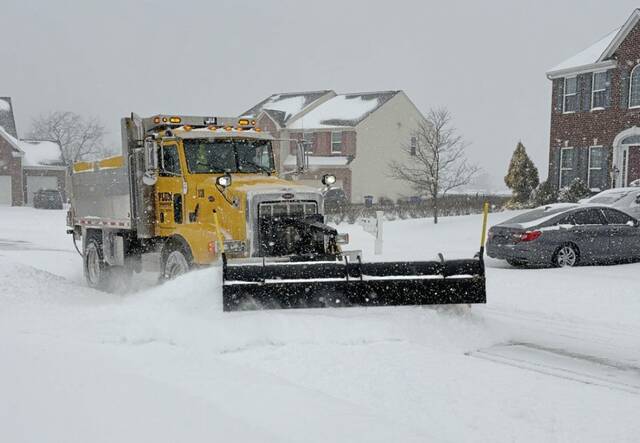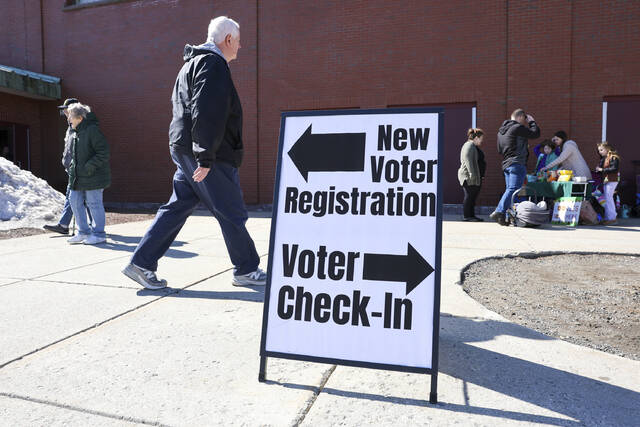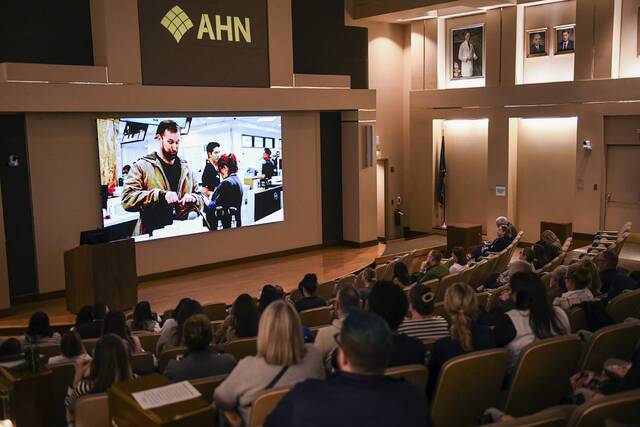Laurel: To pursuit of truth. Sometimes what you need to find the answer is a new pair of eyes. Westmoreland County District Attorney Nicole Ziccarelli is putting some cold cases in front of at least 23 pairs of eyes.
On Tuesday, Ziccarelli announced the impaneling of an investigative grand jury, approved by Common Pleas Judge Christopher Feliciani in September. Ziccarelli said “unsolved cases involving homicides and major crimes” would be the grand jury’s focus.
Specifics were not mentioned. Grand jury information is subject to secrecy on the part of the prosecution and the court. Former Pennsylvania Attorney General Kathleen Kane was convicted, in part, for leaking grand jury information. The grand jury can meet over the course of an 18-month period and is likely to start hearing evidence early in 2024. A grand jury does not decide guilt but can recommend criminal charges.
Grand juries are not a common tool for county prosecutors but can be a useful way to review cases. Families of victims whose cases have gone cold should appreciate having renewed attention.
Lance: To getting sacked. Pittsburgh took its time implementing a plastic bag ban. It was approved in April 2022, set to go into effect a year later. That didn’t seem to be enough time, and, in April, officials said they needed to push it back to October.
It went into effect Oct. 14 “in order to help ensure a successful rollout of this landmark initiative.”
That didn’t quite happen. There was some confusion from consumers and businesses around the switch, including overcharging for paper bags. The ordinance doesn’t just ban plastics but requires businesses to charge 10 cents for a paper bag to encourage people to have reusable bags instead.
The confusion occurs over exceptions, specifically with fast food that might not be completely contained, like an open sleeve of fries. Those shouldn’t be charged the 10 cent fee. Then there were questions about businesses outside the city limits that might deliver to a Pittsburgh address.
The city could have better educated the public so businesses knew when to charge. Now Allegheny County is mulling similar plastics restrictions. It should take a lesson from Pittsburgh’s hiccups.








